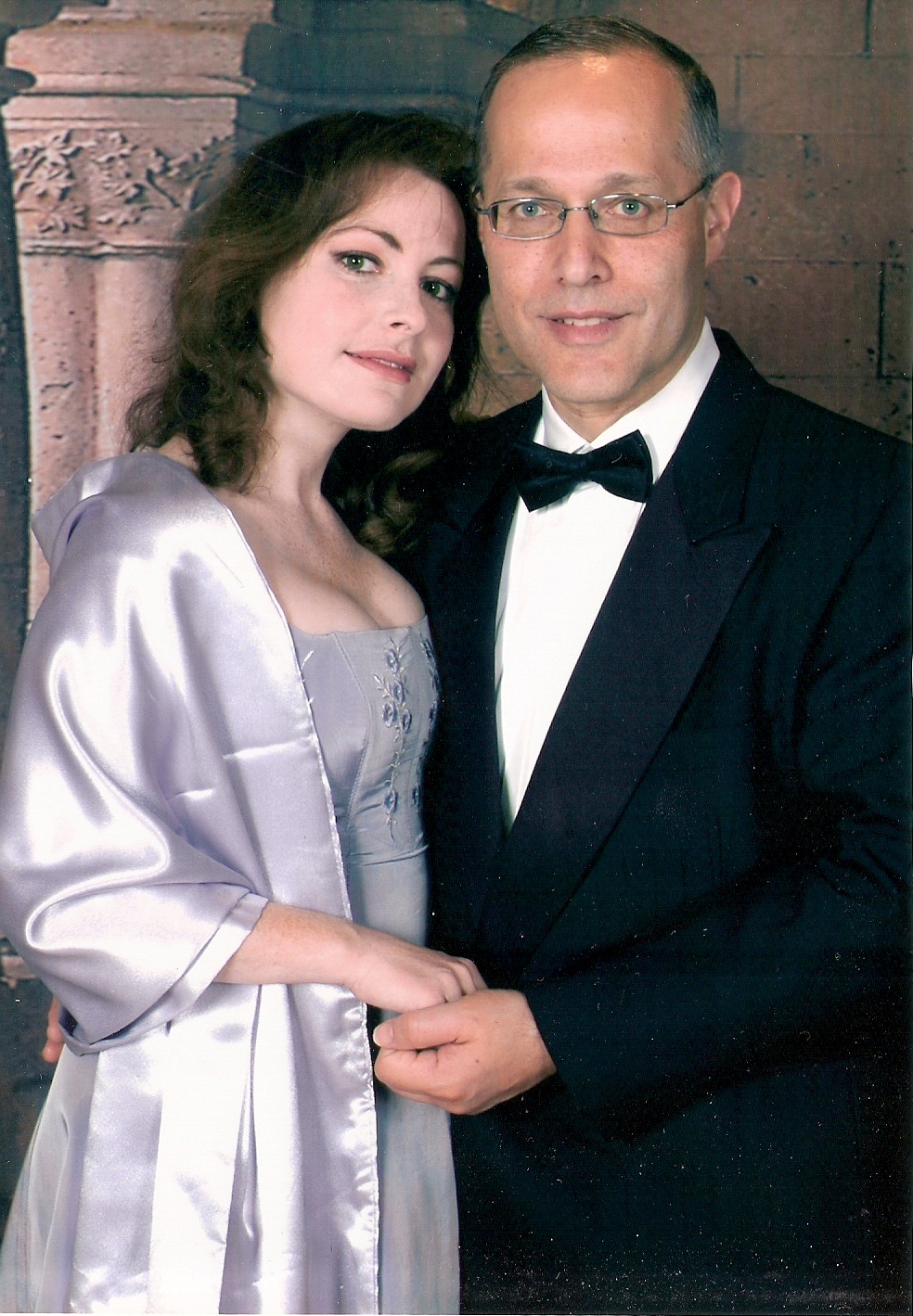Somewhere in some law firm’s ‘closed files’ archive, there is probably a file with my name on it. The subject matter line likely reads something like, “Possible Sexual Harassment Claim.”
Lawyers in Love


Somewhere in some law firm’s ‘closed files’ archive, there is probably a file with my name on it. The subject matter line likely reads something like, “Possible Sexual Harassment Claim.”

As an Anglo born and raised in Montreal and living in Ontario for many years, I consider myself to be a political refugee from Quebec. (Some would say that I overstate my immigrant credentials somewhat.)
I moved from Montreal to Toronto in 1979 at twenty-four years of age with my brand-new law degree in hand to article for a mid-sized Toronto firm. It was my third trip to Toronto. I had been in the city for a weekend when I was eight years old and again for a few days for articling interviews.

I have been reading about Deshaun Watson’s return to the NFL after serving a suspension as a result of allegations of sexual harassment and assault. Normally I do not like to rush to judgment when a person has been accused but not convicted of a criminal offence, since I believe in the presumption of innocence and all of that. But however you may feel about the allegations against Mr. Watson, he definitely has some ‘splaining to do.
What struck me in the account that I was reading was a statement from one of his alleged victims who said, “he can run and throw and that’s enough.” In other words, when someone has the ability to generate serious money, our culture will forgive pretty much anything.

I spent some time speaking to one of the founders of Appara to better understand how using their software would have made my life easier back in the day.
You can read my thoughts on their site by clicking the link below.

Bob was a brilliant lawyer. He loved technology and was a wizard at math.
Back in the day when we used fax machines and they stood alone somewhere near the photocopier, Bob became enamoured with the idea of software that would allow the assistants to send faxes from their desktop. Bob ran various scenarios to demonstrate how much money we would save if we purchased this product. He calculated the salary and benefits earned by each assistant per minute and multiplied it by the number of minutes each assistant spent walking to and from the fax machine every day. We were going to save a fortune.

I was the managing partner of a law firm once. I came to the job with little aptitude for management and even less experience and training. Of course, I was qualified to be the managing partner because I had high personal billings and a whole whack of originating credits.

When I first attended partners meetings, “what are other law firms doing?” was a question that I heard over and over. Whether the topic was a billable hour requirement, parental leave policy, marketing initiative, or just about anything else, the question of what other law firms were doing always seemed to be relevant.

Back when I was a teenager, I worked in a warehouse with Warren.
Warren and I unloaded trucks. Warren would stand in the truck and toss boxes to me which I would stack on the floor. A truck might contain boxes of various sizes and weights. One small box might contain screwdrivers that weigh a ton. The next might be a large container of disposable aluminum cooking trays that was light as a feather.

This is a story about a boy named Dan who never cleaned his room. Dan’s mom tried the three ways that she knew to get Dan to clean his room. She threatened him. She bribed him. She tried child psychology. Nothing worked. Finally, she ordered Dan’s little sister Trish to clean Dan’s room.
Trish was unhappy and accused her mother of gender bias, but being socialized to be somewhat more compliant than Dan, she did what she was told. Trish’s friend Mara had a similar experience and also ended up doing her brother’s chores.

Throughout my years as a partner, managing partner, practice group leader and supervising lawyer, I used to speak to young lawyers who told me what they thought that I wanted to hear. Things like how much they loved their jobs, how supportive the firm was, and how they loved working evenings and weekends. They were quite right. That is exactly what I wanted to hear.